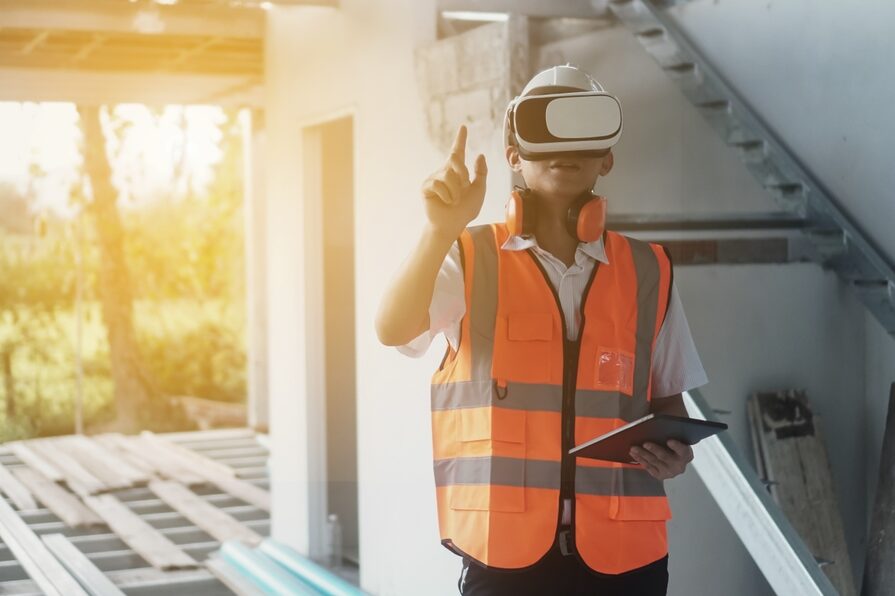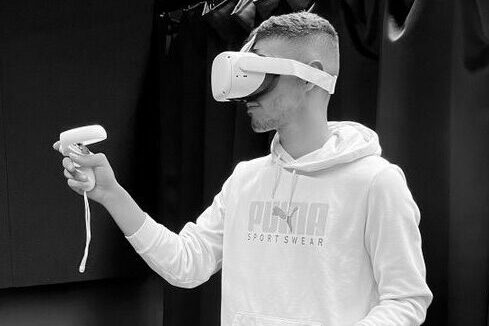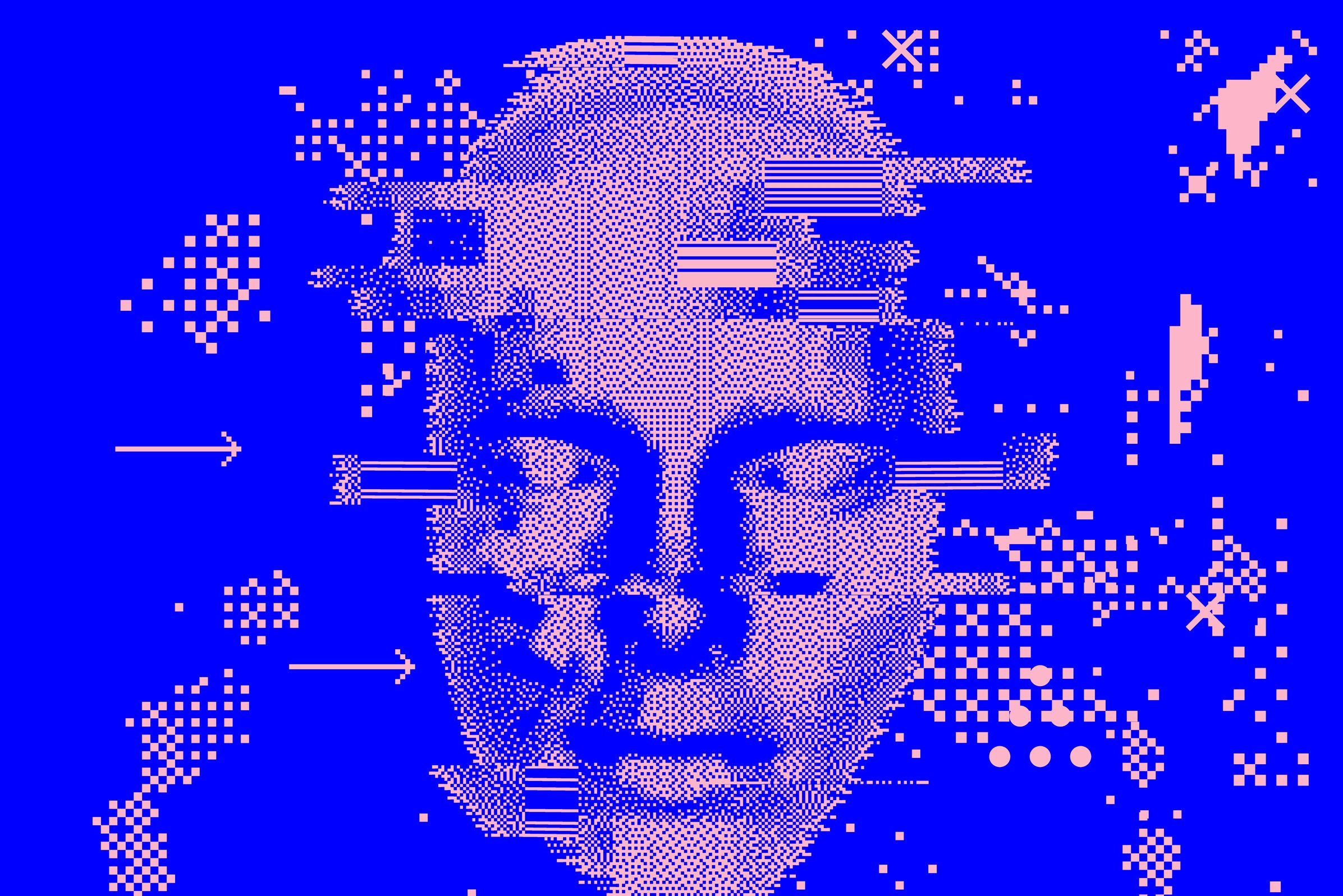Bridging the Metaverse gap for disadvantaged youth

The recent Social Mobility in the Metaverse report by the EY Foundation has put a spotlight on a pressing concern: ensuring that young individuals from low-income backgrounds aren’t left behind in the burgeoning digital realm of the Metaverse. As the Metaverse rapidly evolves, so do its job prospects, and the EY Foundation stresses the importance of making these opportunities accessible to all.
The study, undertaken in Greater Manchester, revealed that new technologies need to resonate with young people’s experiences and communities. The report highlights that intrinsic motivation – the internal desire to engage – is crucial and must be fostered both by policymakers and businesses.
To foster inclusivity, the report details four pillars of action:
1. Awareness
Build understanding about how the Metaverse will influence the future of work and why young people from a low-income background should engage in new technology. This includes using immersive technologies to transform work experience by extending the range of work placements available to young people.
2. Accessibility
Ensure universal access to immersive experiences in the Metaverse. This will mean establishing a minimum standard for all Metaverse environments that ensures they are accessible via a mobile phone.
3. Skills
The Metaverse will be a constantly evolving environment, so young people should be given the training needed to be better prepared for an unpredictable future. This can be done through government action to ensure Metaverse-focused skills training is included in regional Local Skills Improvement Plans.
4. Networks
Provide opportunities to build work-related virtual connections and networks. One way this can be implemented is by local careers hubs. They should support the creation of a network of Metaverse career ‘influencers’, who reach out to excluded communities to introduce how to work in an immersive 3D world.

As AI and other technologies reshape the future of work, immersion in the Metaverse will become a central part of many professions. Lynne Peabody, EY Foundation CEO, underscores the urgency, stating : “Organisations focused on supporting the future of young people must look ahead to the sort of world they are likely to be working in. This means acting now to advocate for the action needed to unlock opportunities and minimise risk associated with new technologies like the Metaverse. This report is an important step in that direction, and we look forward to working with employers, government, and other charities to implement these recommendations.”
This pioneering project was driven by EY’s Metaverse Lab team, who address areas of social concern in the Metaverse such as social mobility, identity, inclusion, and accessibility. Key collaborators included Ofcom, the School of Digital Arts at Manchester Metropolitan University, and artist Alina Akbar. Each brought unique insights, emphasizing the need for both access to and interest in the Metaverse among the youth.
Domhnaill Hernon, Global Lead, EY Metaverse Lab reflects on the reports findings: “We all know that lack of access to technology can be a barrier to young people from a low-income background; however, the greatest insight I took away from this collaborative project was that even with access to the technology they are not incentivised to engage. Their intrinsic motivation to engage isn’t there because they don’t perceive the technology as enabling advantage for them directly.”
"The Metaverse could represent a step change in how we live and work, so as we prepare for it, we must listen to the hopes and concerns of young people who may spend much of their working life in virtual spaces like this."- Ed Leighton, Director of Strategy, Ofcom.
Kirsty Fairclough, Professor of Screen Studies, School of Digital Arts, Manchester Metropolitan University concludes; “Combining technological and artistic mindsets has been a powerful way to bring a new perspective to understanding the real-world implications of technology. I hope the recommendations generated are the start of a wider conversation about how new tech can evolve to embrace the needs of all parts of our community.’
About the EY Metaverse Lab:
EY Metaverse Lab harnesses the metaverse for positive human impact by combining deep technology know-how with creative and behavioral science insights to create the next frontier of human experience. The EY Metaverse Lab focuses on addressing areas of social concern in the metaverse such as social mobility, identity, inclusion and accessibility. Now is the moment in the next evolution of the internet to create a better working world and a better future for all. For more information about the EY Metaverse Lab, please visit: ey.com/technology.
About Ofcom:
Ofcom is the regulator and competition authority for the UK communications industries. It regulates the TV and radio sectors, fixed line telecoms, mobiles, postal services, plus the airwaves over which wireless devices operate.
About the School of Digital Arts:
The School of Digital Arts (SODA) is a purpose built, interdisciplinary school at one of the UK’s leading universities. Offering industry informed courses and specialist spaces with the latest technologies, SODA is a £35M investment into the workspaces, networks, teaching and research that will drive the next generation of creative content. SODA is a proud part of Manchester Metropolitan University. We build on the creative, science, tech and business strengths of a university whose research is rated as ‘world-leading’ and is changing the way we live, work, learn and play.
About Alina Akbar:
Alina is a visual artist, writer, curator and storyteller: Working in film, photography and installation, she uses her lens and words to create art from both personal and cultural experiences as a British-born Pakistani. Alina has a particular interest in authentic and ethical working-class representation and issues of diversity in society.



